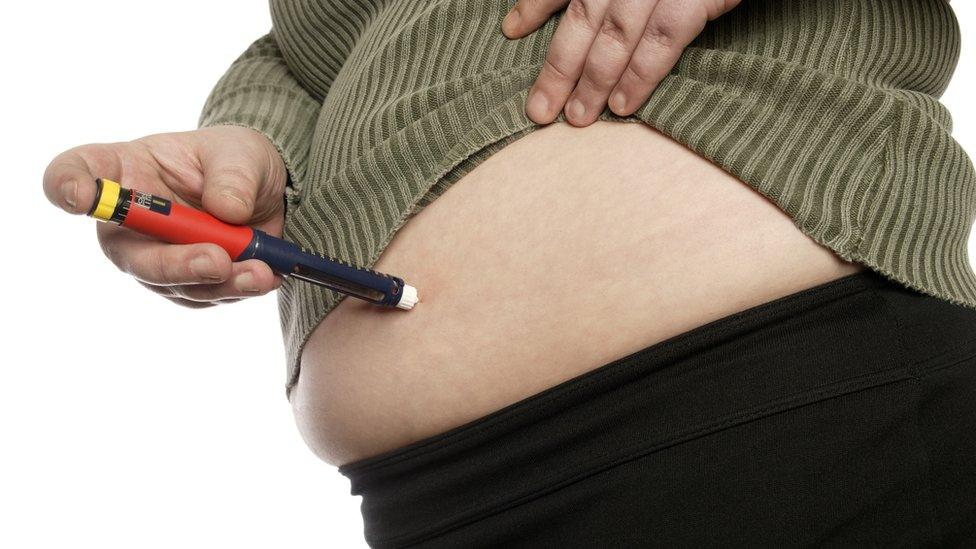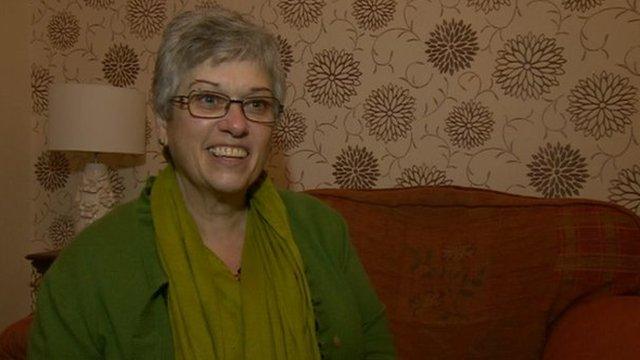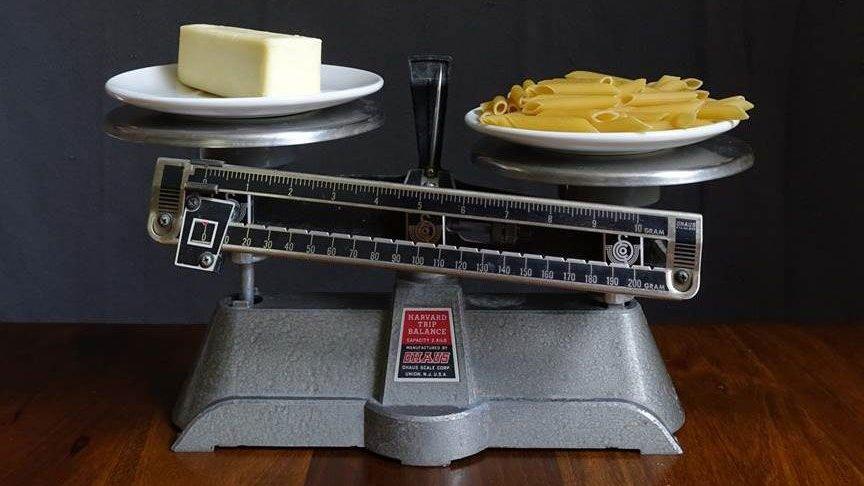North East England sees highest proportion of weight loss surgery
- Published

England's North East region has the most weight loss operations on the NHS
NHS weight loss operations in the North East take place at double the rate of anywhere else in England, figures reveal.
There were 497 procedures for every million people in 2014-15, compared with 30 in the East Midlands, figures obtained by the BBC show.
The number of bariatric operations fell in the past three years, Freedom of Information requests reveal.
Since 2013, there has been a more targeted approach, NHS England said.
However, campaigners are calling for more funding for weight loss surgery. The National Obesity Forum says it would ultimately save the NHS money.
And it said the decline of heavy industry and manual work in the North East had contributed to obesity problems, resulting in a greater rate of surgery.
'Social problem'
Bariatric surgery is the branch of medicine that treats or prevents obesity. Surgery can include gastric bands, which are placed around the upper part of the stomach to restrict the amount of food eaten, or gastric bypasses, which make the stomach smaller and bypass part of the intestines.
Privately, a gastric band can cost patients, external between £5,000 and £8,000 while a gastric bypass is about £9,500 to £15,000.
A gastric bypass operation costs the NHS about £6,000 but it can pay for itself in two to three years, surgeons say, because many patients no longer need treatment for diabetes or high blood pressure
National Obesity Forum spokesman Tam Fry said the health services would ultimately save more than they spend.
"The North East has long had a problem with weight, some of which is down to the loss of heavy industry," he said.
"Manual jobs in steel and mining have been lost, which means people either doing desk work or not exercising to replace the physical work they did. Nationally, there is a disinclination to spend money on what doctors see as a social problem, even though there are benefits financially in cutting the number of people with Type 2 Diabetes.
"We would like all bariatric surgery to be paid for by a national fund."
Across England, there were 6,147 operations including gastric bands and bypasses that year, compared with 7,071 in 2011-12.
While London saw the most procedures overall, England's north-east saw twice as many when population was taken into account.
City Hospitals Sunderland NHS Foundation Trust (CHS) performed the most procedures in the country last year, 756 in total, out of the hospitals that responded to the BBC's request under the Freedom of Information Act. Sunderland Royal Hospital's centre for weight loss surgery is the busiest in England for bariatric surgery.
A spokeswoman said the hospital was one of the first in the country to offer bariatric services on the NHS and its reputation meant it had people referred from outside the area.
The FOI request to 145 hospital trusts revealed more than 33,000 weight loss operations were carried out by the NHS in England over the past five years, equivalent to more than 125 every week.
Figures show there were 6,295 operations in 2010-11, rising to 7,071 the following year and falling ever since. Only the north-west, south-east and West Midlands recorded an increase between 2013 and 2015.
An NHS England spokeswoman explained the drop was because bariatric treatment was currently handled as a national policy, rather than separately by each local area.
She said it was now only offered to "appropriately selected patients".

Case study: How a gastric bypass changed mother's life

Lisa Scott has lost half her body weight following surgery
A photograph of Lisa Scott celebrating her 30th birthday brought her weight problem into sharp focus.
"I was so upset because I saw the state I had let myself get into, it shocked me, I knew I had to do something," the mother-of-three from Eastgate, County Durham said.
She weighed 26-and-a-half stone (168kg) and wore size 32 clothes.
Ms Scott visited her GP who told her she would be dead by 35 if she did not lose weight.
A gastric balloon restricted the amount she could eat and she lost five stone (31.8kg), but then a gastric bypass transformed her life completely.
The now 32-year-old has lost more than half her weight - 13-and-a-half stone (86kg) - since she first confronted the problem in December 2013.
"I was a chronic asthmatic who could not bend down to put on my socks or shoes, now I'm out walking and enjoying life.
"People say why did I not just do more exercise but I physically couldn't have, it's not as simple as that, I would never have been able to do this without the operation."

Mr Martin Wadley, bariatric surgeon for Worcestershire Acute Hospitals NHS Trust, wants to see more procedures offered. He said the surgery improves the health of people with Type 2 diabetes, high blood pressure and other obesity related illnesses such as sleep apnoea and arthritis.
"It transforms patients' lives," he said. "The money we save the NHS for diabetes and blood pressure is amazing. Studies show that this type of surgery can pay for itself in two to three years."
- Published23 December 2015

- Published17 January 2014

- Published14 August 2015
